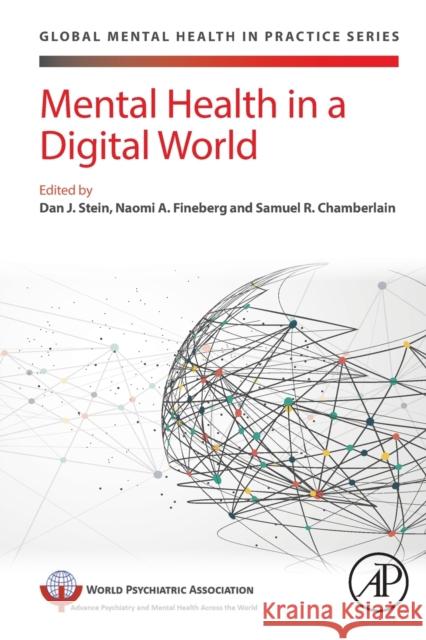Mental Health in a Digital World » książka
topmenu
Mental Health in a Digital World
ISBN-13: 9780128222010 / Angielski / Miękka / 2021 / 528 str.
Kategorie:
Kategorie BISAC:
Wydawca:
Academic Press
Seria wydawnicza:
Język:
Angielski
ISBN-13:
9780128222010
Rok wydania:
2021
Numer serii:
000865353
Ilość stron:
528
Waga:
0.69 kg
Wymiary:
22.86 x 15.24 x 2.69
Oprawa:
Miękka
Wolumenów:
01











